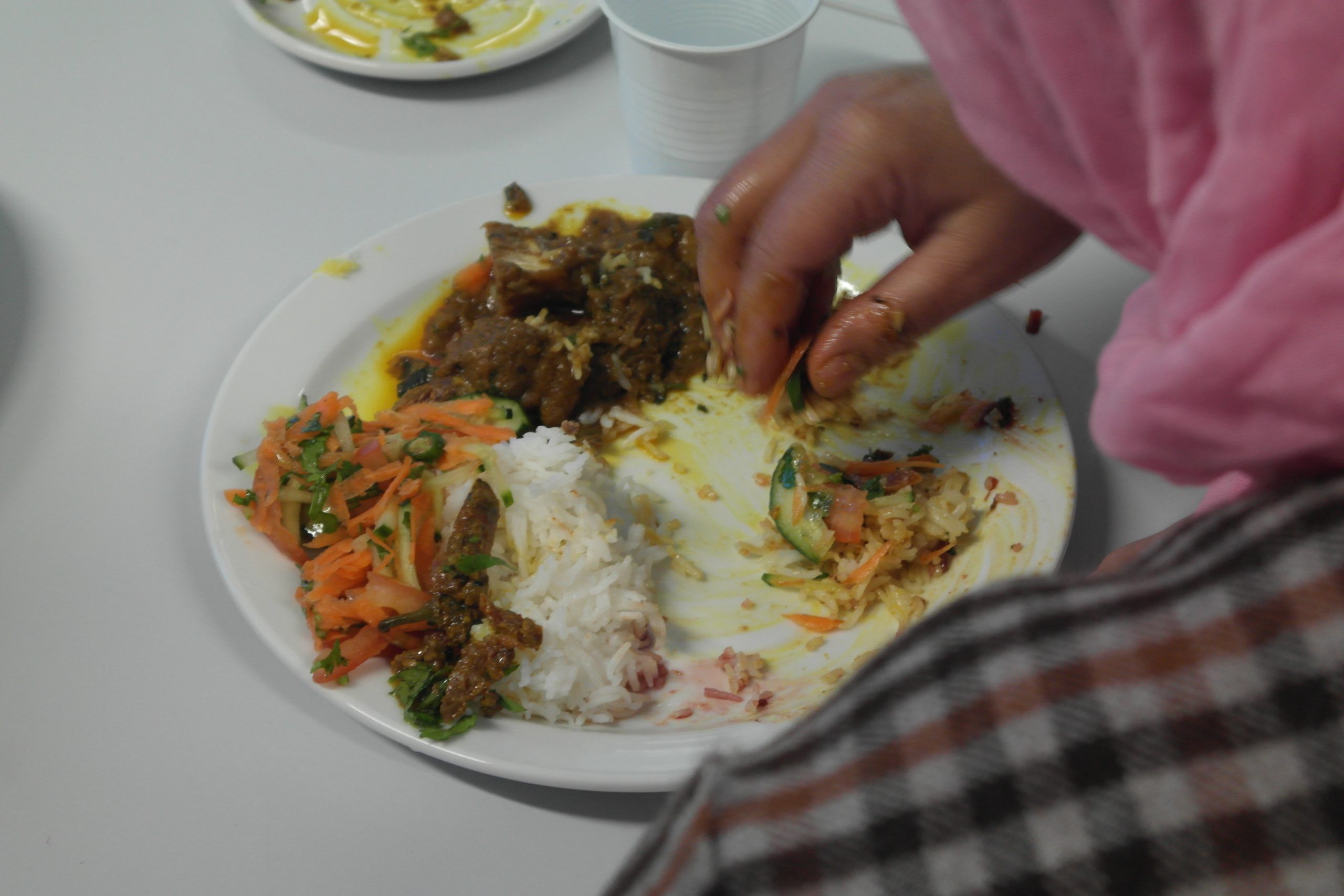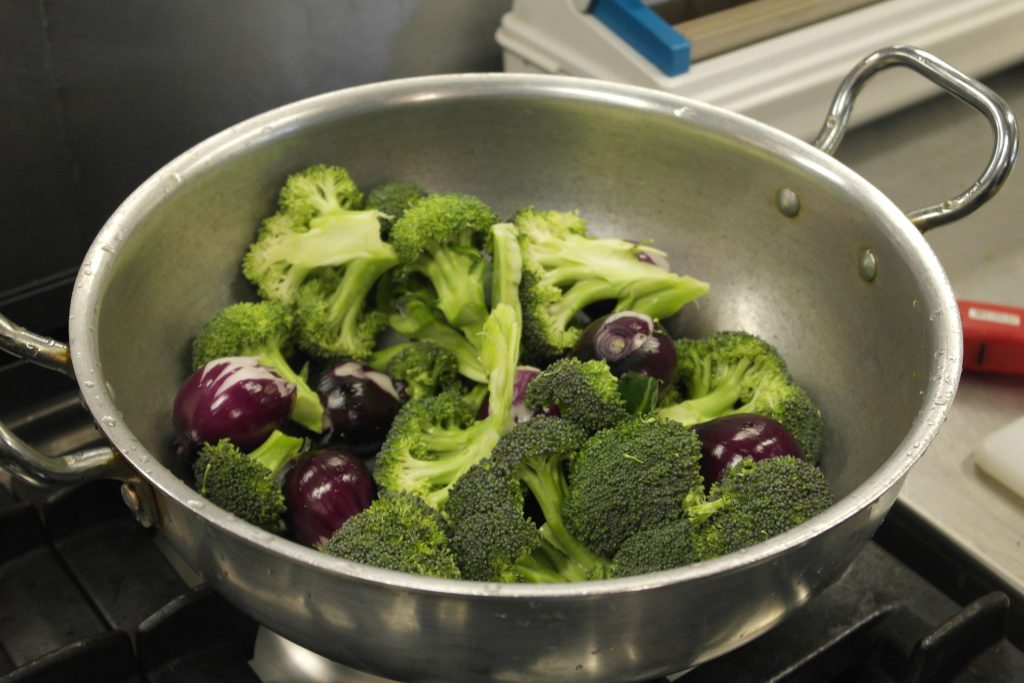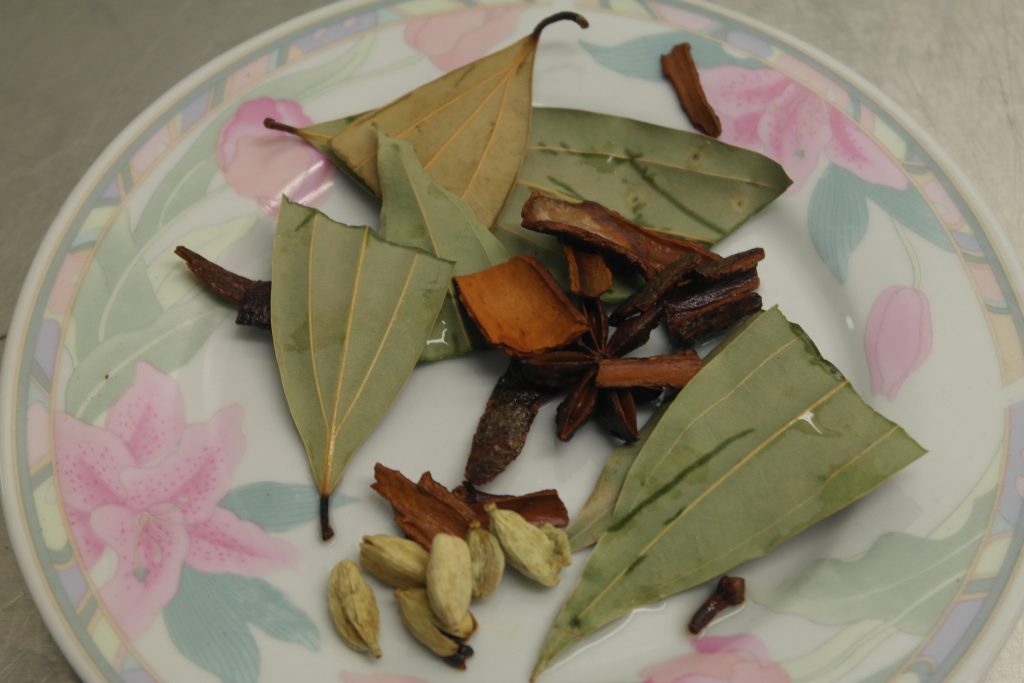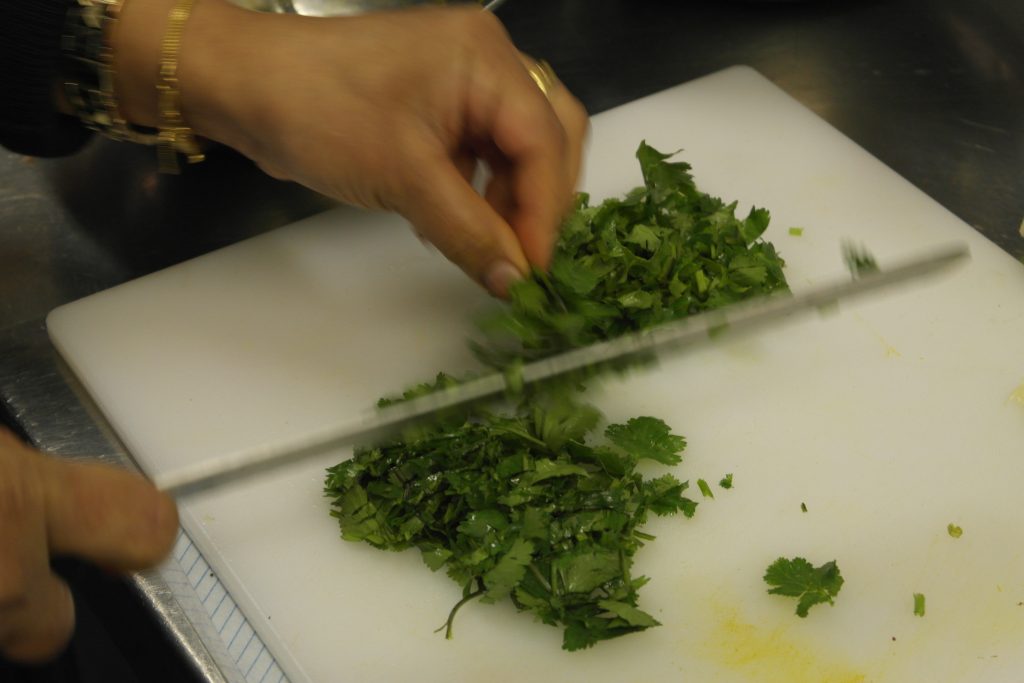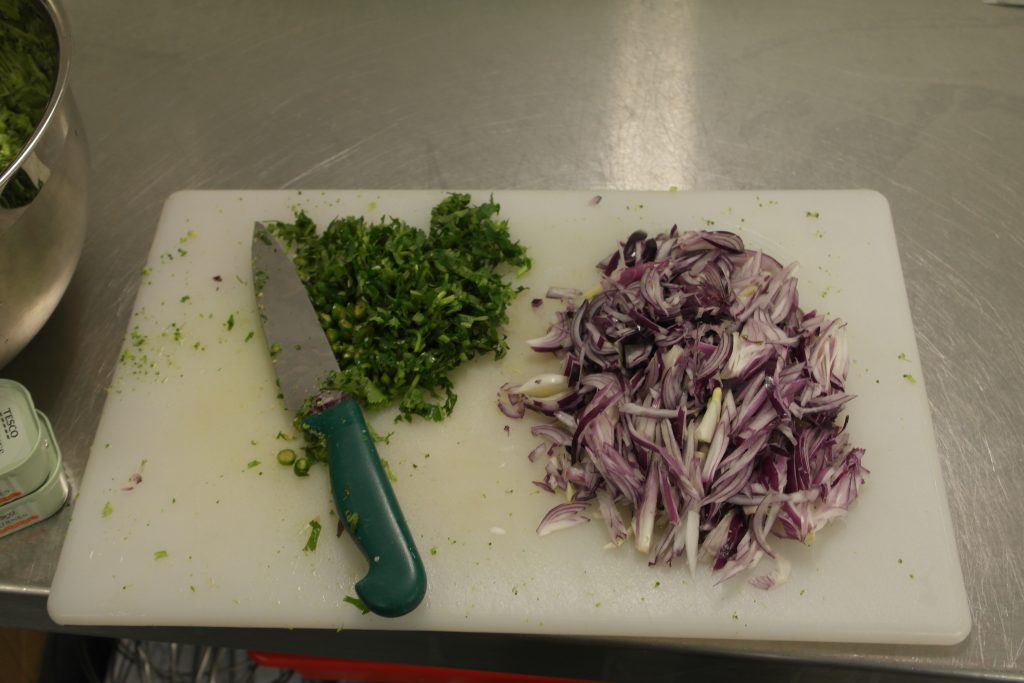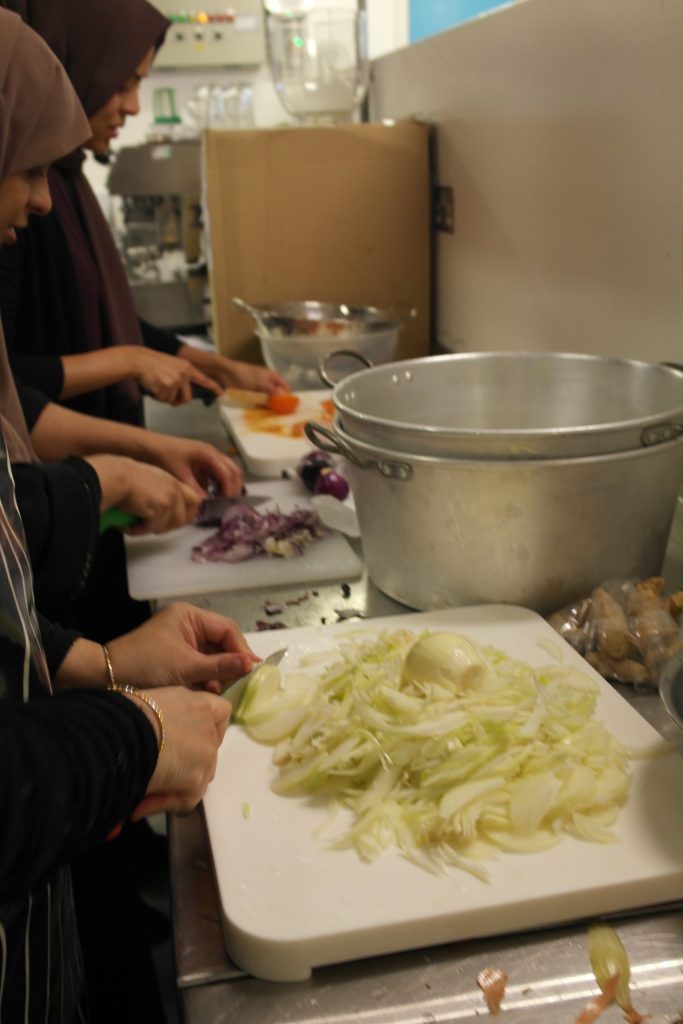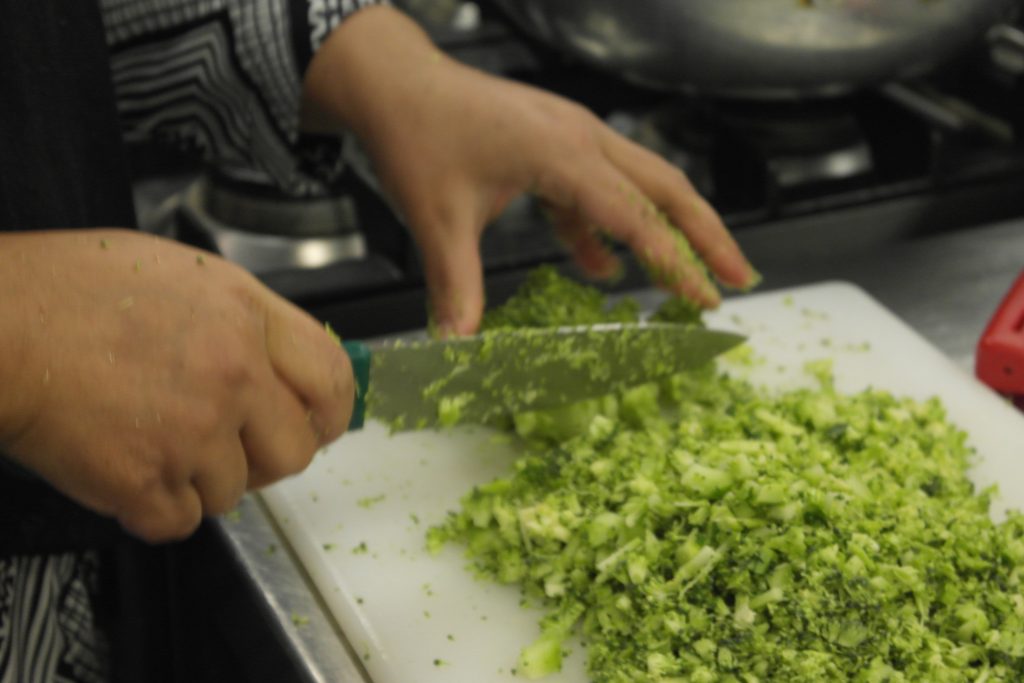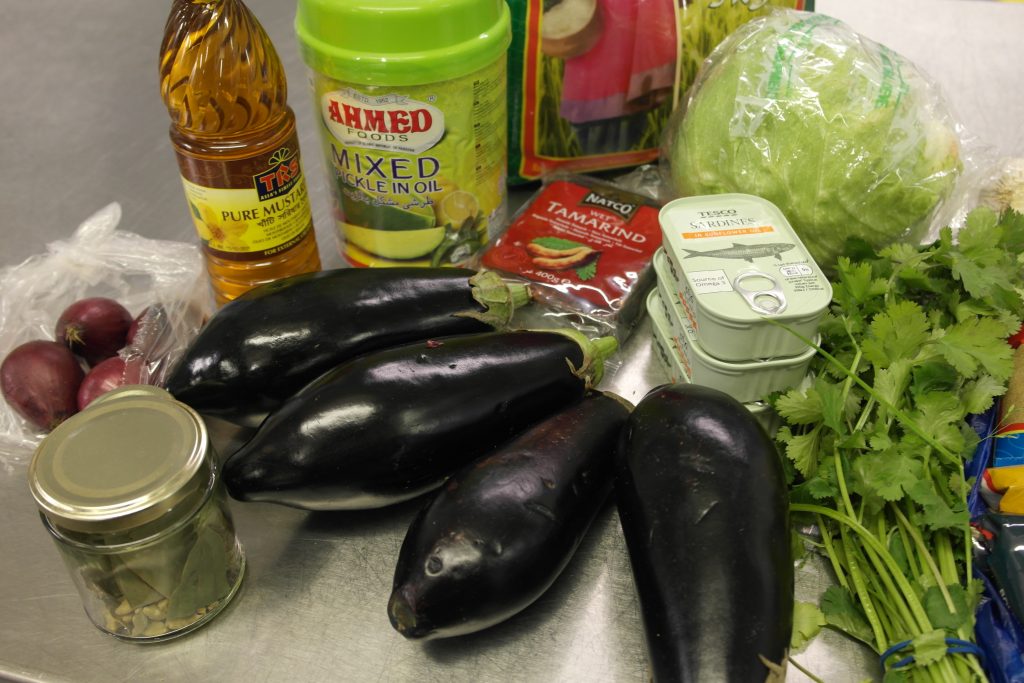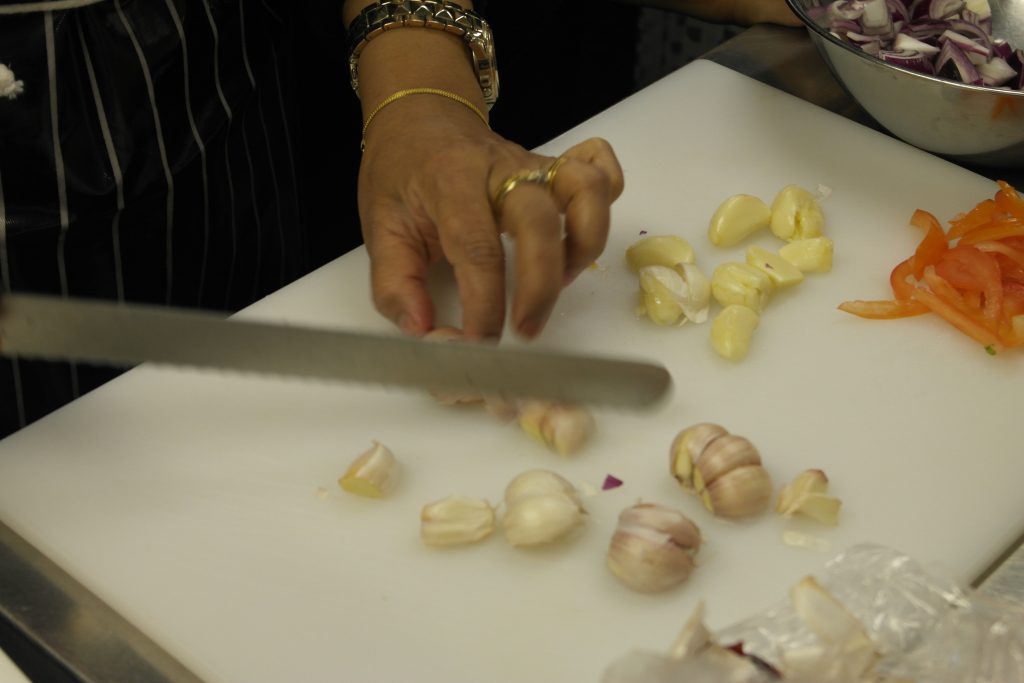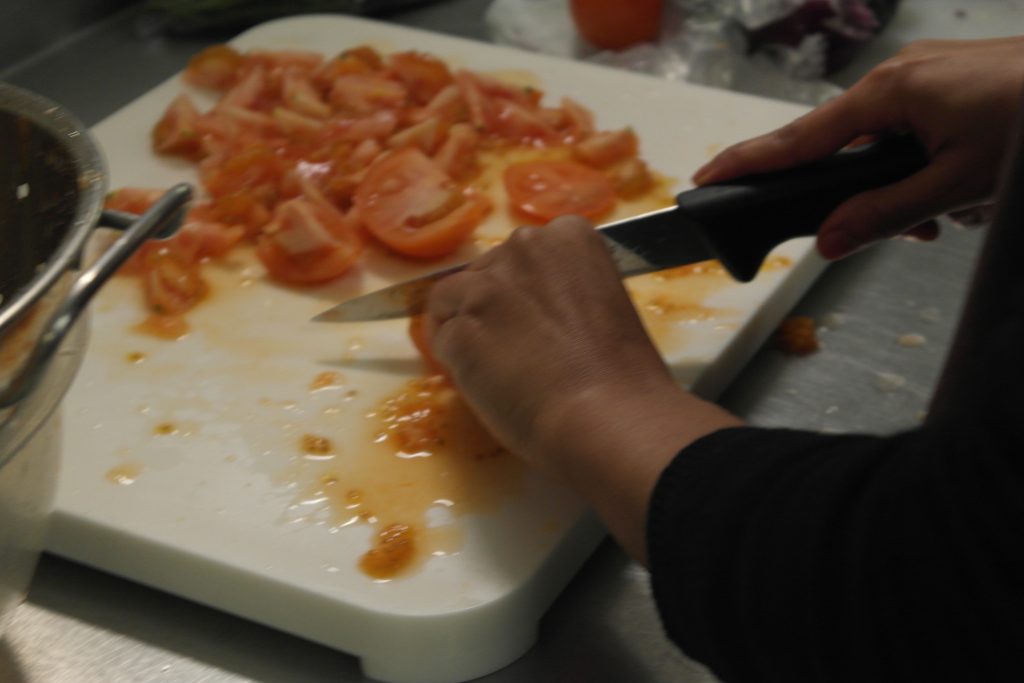In January 2020, with the help of Sabina Khan, Parent Liaison Officer at Mulberry School for Girls, we launched a series of “food and memory” workshops. As Abarca and Colby have argued: “food is central to defining the manner by which people’s emotional, psychological, social, economic, political, historical, and cultural realities are embodied as a lived and living history” (2016: 4), we aim to explore the relationship between food and memory with a group of British Bengali ladies in London.
We have conducted workshops on the following themes:
- Fruit of Bangladesh
- Memories of childhood
- Food of London
- Forgotten Dishes
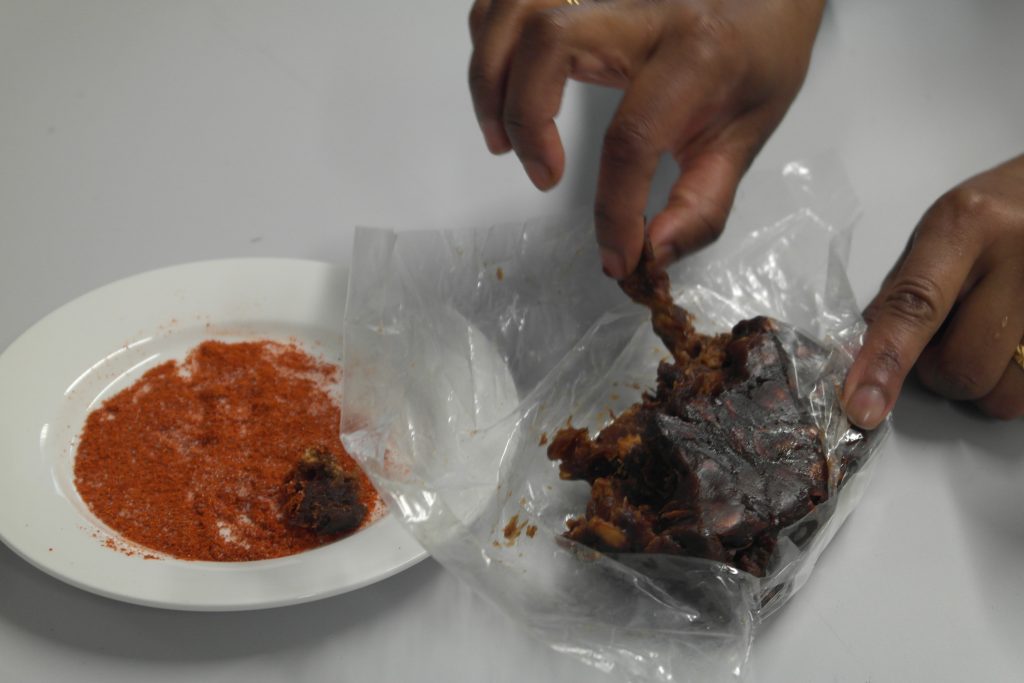
Sharing memories over tamarind and chilli-salt… 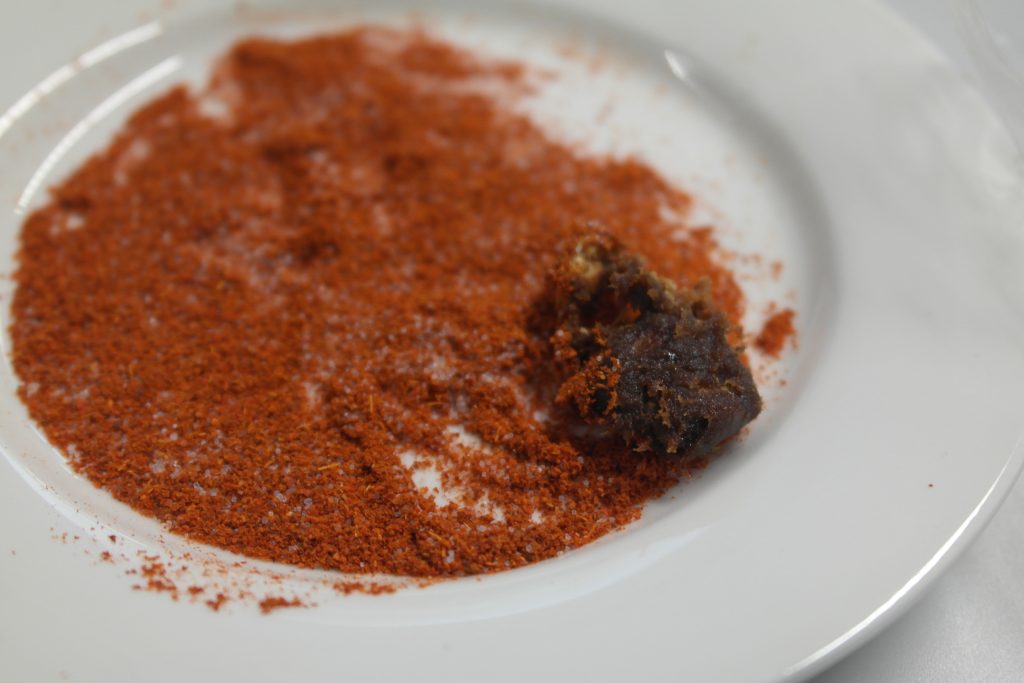
sweet and sour!
Since the Covid-19 pandemic started, we had to move our activities on-line with a 5 day food and memory challenge where participants are sending over photos of their dishes accompanied by reflections on the memories they trigger – click link below for further information.
“My mum used to cook it really nicely I must say. She was used to bhuna so we did like dry duck with masala around it, but she used to take a lot of time cooking it. She used to cook it with love, there’s certain food you cook it with love basically. Some things you rush it and you’re done. Whereas when she used to do that the duck, it’s like – she used to do like a kolija bhuna and all of that. Kolija means the liver, kidney, all of that. So all of those kinds of dishes are cooked with love, making sure that the right ingredients are there, taking her time in preparing it and cooking it“
– Participant

